Understanding Delayed Closings: What to Expect When Your Car Purchase Takes Longer Than Planned
Buying a car is an exciting experience, but it doesn’t always go as smoothly as planned. Sometimes, after you’ve chosen your dream vehicle and started the paperwork, you may encounter lakeside residences toronto delays in closing the deal. While it can be frustrating, understanding why these delays happen and what to expect can help ease some of the stress. Let’s explore the common reasons behind delayed closings and how to navigate them smoothly.
Common Reasons for Delayed Closings
Financing Issues
One of the most common reasons for a delayed car purchase is financing complications. Even if you’ve been pre-approved for a loan, unexpected issues can arise. For instance, the lender may require additional documentation, like proof of income, or might take longer than expected to finalize the terms. If you’re financing through the dealership, there could be internal delays in getting approvals from the finance department.
Paperwork Errors or Processing Delays
Car purchases involve a lot of paperwork, titles, registration, financing agreements, and insurance details. Mistakes in any of these documents, or simply the time it takes to process them, can push back the closing date. This can happen if there’s a typo in your personal information or if there are delays in processing title transfers between states.
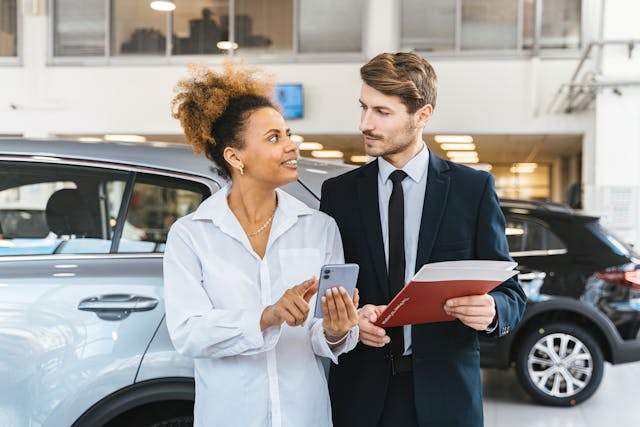
Vehicle Availability
If you’ve purchased a specific make or model that isn’t immediately available at the dealership, you may have to wait for it to be shipped from another location. Factory orders, in particular, can take longer, especially if there are supply chain issues or production delays. These delays can add days or even weeks to the process.
Title Transfer Issues
When buying a used car, title transfer issues can arise, particularly if the previous owner’s paperwork isn’t in order. The dealership or private seller may need to resolve liens on the vehicle or correct mistakes on the title before the transaction can close. This can be a time-consuming process.
Insurance Requirements
Before you can drive your new car off the lot, you’ll need to have insurance in place. Sometimes, getting the right coverage takes longer than expected, particularly if you’re comparing quotes or dealing with insurance approval delays.
What to Do if Your Car Purchase Is Delayed
While a delayed closing can be frustrating, there are steps you can take to keep the process moving and ensure you’re prepared for the final handover.
Stay in Contact with the Dealership or Seller
Communication is key. Stay in touch with the dealership or seller regularly to get updates on the status of your purchase. They can inform you of any issues or delays, and you’ll be able to address them promptly.

Be Proactive With Paperwork
Make sure you’ve submitted all required documents, such as proof of insurance, ID, and financing information, well in advance. Double-check that everything is accurate to avoid any last-minute hold-ups.
Explore Temporary Transportation Options
If the delay is going to significantly impact your ability to get around, consider temporary transportation options like renting a car, using ride-share services, or arranging for a loaner vehicle through the dealership if possible.
Be Prepared for Adjusted Loan Terms
If there’s a delay due to financing, stay in close contact with your lender. Interest rates and terms can fluctuate over time, and you’ll want to ensure that you’re still getting the best deal. Ask if there are any penalties for a delayed closing or if your loan offer will change based on the extended timeline.
Have Patience with Factory Orders
If you’ve ordered a custom vehicle, understand that these delays can sometimes be beyond anyone’s control, especially with today’s supply chain challenges. While the wait can be agonizing, the dealership should be able to provide regular updates on the status of your order.
What Happens After the Delay?
Once all the paperwork is complete, the financing is settled, and any title or availability issues have been resolved, you’ll be ready to close the …
Read More »


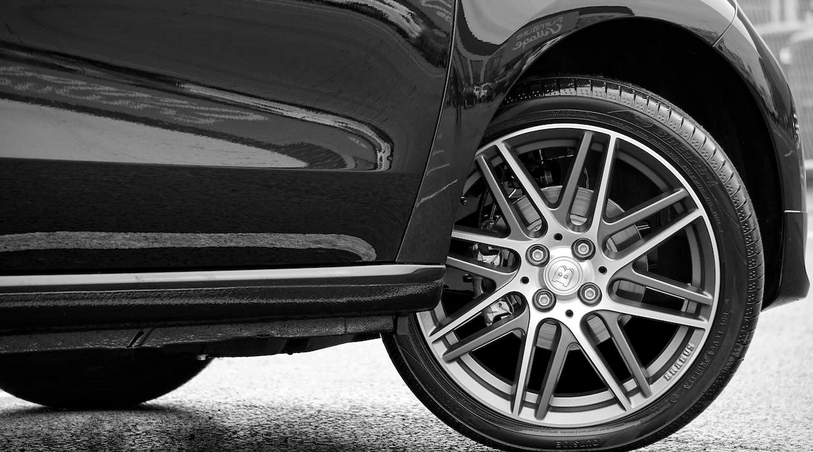
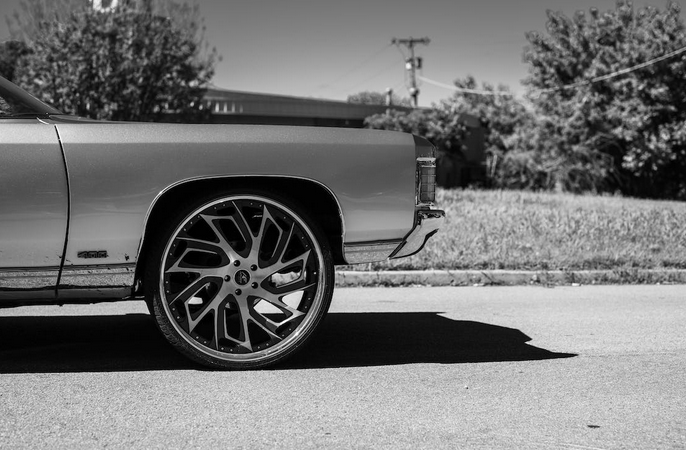
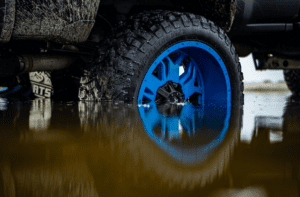 Finally, corroding wheels can also be a reason for car rim damage. Corrosion occurs when the metal on your wheel is exposed to moisture or salt for an extended period of time. The corrosion will cause the wheel rim to become weak and eventually crack or chip away. To protect against this, keeping your wheels waxed and polished is essential. This will help them look good and provide an extra layer of protection against corrosion. Additionally, it is a good idea to wash the salt off your wheels during winter months as this can help reduce any damage.
Finally, corroding wheels can also be a reason for car rim damage. Corrosion occurs when the metal on your wheel is exposed to moisture or salt for an extended period of time. The corrosion will cause the wheel rim to become weak and eventually crack or chip away. To protect against this, keeping your wheels waxed and polished is essential. This will help them look good and provide an extra layer of protection against corrosion. Additionally, it is a good idea to wash the salt off your wheels during winter months as this can help reduce any damage.
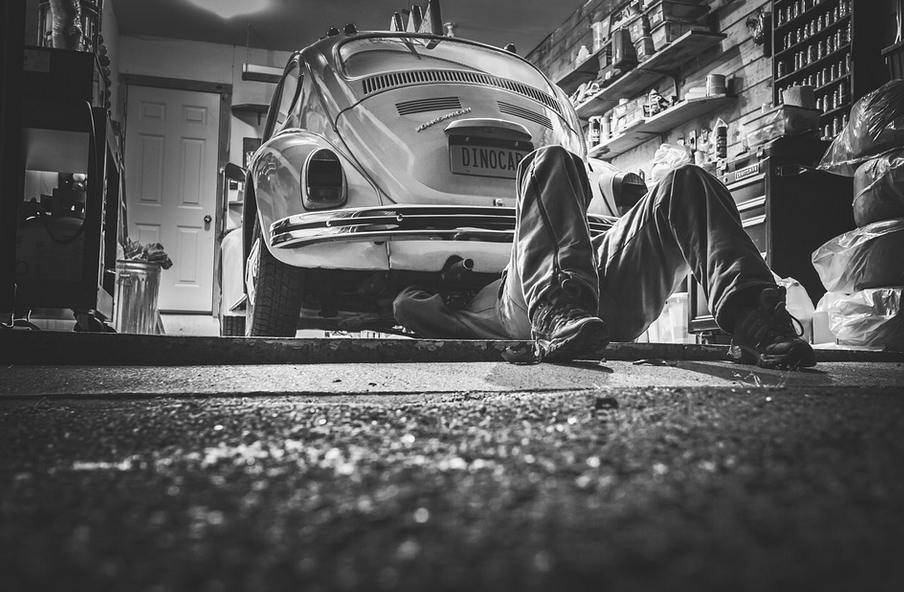 The most important way to get the most out of your car is by keeping up with regular
The most important way to get the most out of your car is by keeping up with regular  If any parts on your vehicle are worn or damaged, replace them immediately. It can help you avoid bigger problems and ensure your car runs as efficiently as possible. Inspect all of the major components regularly and have them replaced or repaired as needed.
If any parts on your vehicle are worn or damaged, replace them immediately. It can help you avoid bigger problems and ensure your car runs as efficiently as possible. Inspect all of the major components regularly and have them replaced or repaired as needed.